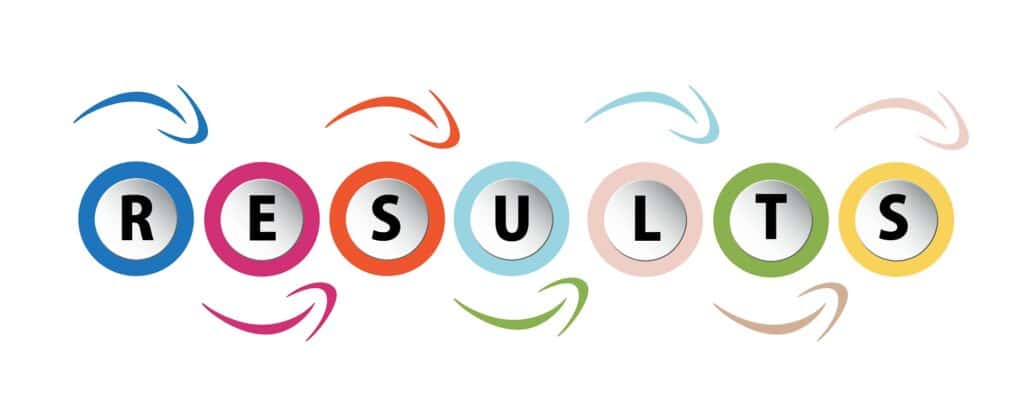Arguing with teenagers seems to be a staple. It’s important they feel loved through these arguments.
Psychologist Maryam Abdullah ( Parenting Program Director of the Harvard Greater Good Science Center) describes research involving surveys of over 150 families for three weeks (caveat: this is a US, largely white, largely nuclear family study). Each day parents were asked about warmth and conflict, and teens were asked how much they felt loved by their parents. Teens were asked a single question each evening: how much they felt loved by their parents that day. As expected, teens tended to feel more loved on days when their parents showed more warmth, and they tended to feel less loved on days when there was more conflict with their parents. So far, so obvious. But a striking and important finding also emerged: on days when parents were warmer, the conflict between them didn’t seem to have so much effect on how loved teens felt. In other words, being warm and affectionate toward teens seemed to protect against the cost of conflict.

Takeaway for parents; if we want to strengthen our relationships with our teenage children we need to manifest our unconditional love for them in a very difficult and unnatural way: unconditional warmth. This is helpful advice; because unconditional love tends to come naturally, but unconditional warmth does not. After a heated argument, to smile warmly, to make genuinely friendly overtures, to offer a compliment in a tone that cannot be taken for sarcasm, to give an unweaponised hug – these are all very, very, hard things to do. And it’s even harder to keep our cool when we make the effort and are aggressively rebuffed (as we will be from time to time). But these are the moments where the warm response is most needed, and most supportive of our children. Psychologist John Coffey puts it this way – emotional love needs to be made and remade on a daily basis—even in close, long-term relationships. Conflict is an inescapable element of parenting, but it is not necessarily a [dysfunctional] element.
Yale Psychology professor Diana Divecha writes that everything we know from developmental science and research on families suggests that rifts will happen—and what matters… is how you respond to them. In schools, we know that students can learn from conflict (if we scaffold them to do so and do not over protect them). Divecha notes that kids can learn from the conflict that arises from differences and arguments, and puts it into the language of parenting: If we met all their needs perfectly, it might actually get in the way of the child’s development.
So what’s the secrete to repairing rifts?
Divecha writes that parent-children relationships are strengthened by [things like] playing together, negotiating, taking turns, compromising, having fun, or sharing psychological intimacy—in other words, respecting and enjoying one another. When missteps happened, parents repaired and restored intimacy by expressing warmth and affection, talking about what happened, and apologizing. In schools, similar ideas lead to our restorative justice approach, which eschews punitive measures in favour of relationship building – in this, schools are like families. And while Divecha recognises that there is no magic formula, she suggests a four step process to an repairing rifts which can apply with our own children and with and between students at school:
- Acknowledge and own any offense. An awareness and understanding of the other person’s hurt is a necessary first step. We need to try to name any pain or anger, and the reason behind it. Divecha recommends that we remember that starting slowly with “Did I hurt you? Help me understand how.”… which requires that we listen with an open heart as we take in the other person’s perspective.
- Express remorse. This may be hard, but it has to be from a genuine palace of regret. An inauthentic apology is worse than no apology at all; and a simple “I’m sorry” is enough. Divesha cautions against the “I’m sorry if you…” tactic. The “if” is not OK, because any attempt to gloss over, minimize, or dilute the wound is not an authentic repair.
- [Optional] Consider offering a brief explanation. A brief explanation of your point of view may be reasonable, but you need to be sensitive to the emotional impact it may have, however reasonable. The focus of an apology is on emotions, not justifications. If it can wait, let it.
- Express your sincere intention to fix the situation and to prevent it from happening again. If you can, be specific about specific steps to take to avoid the same conflict in future, and keep the conversation open. If you can both make a commitment to remember and discuss this conflict when a similar situation arises then that may be a good indicator of sincerity.
Of course, nothing formulaic ever captures any situation fully, as we all well know from bitter experience! But this is good advice to hold as a possible thinking frame – and it works for parents and children, teachers and students. And, as Divecha writes: Remember to forgive yourself, too: this is a tender process, we are all works in progress.
References
- Abdullah, M (2020) When Do Teens Feel Loved by Their Parents? Greater Good
- Coffey, J. K., Xia, M., & Fosco, G. M. (2020). When do adolescents feel loved? A daily within-person study of parent–adolescent relations. Emotion. Advance online publication.
- Divecha, D. (2020) Family Conflict is normal; it’s the Repair that Counts Greater Good
- Fedler, D. (2020) Love in a Time of Contempt. Joanne Fedler Media


